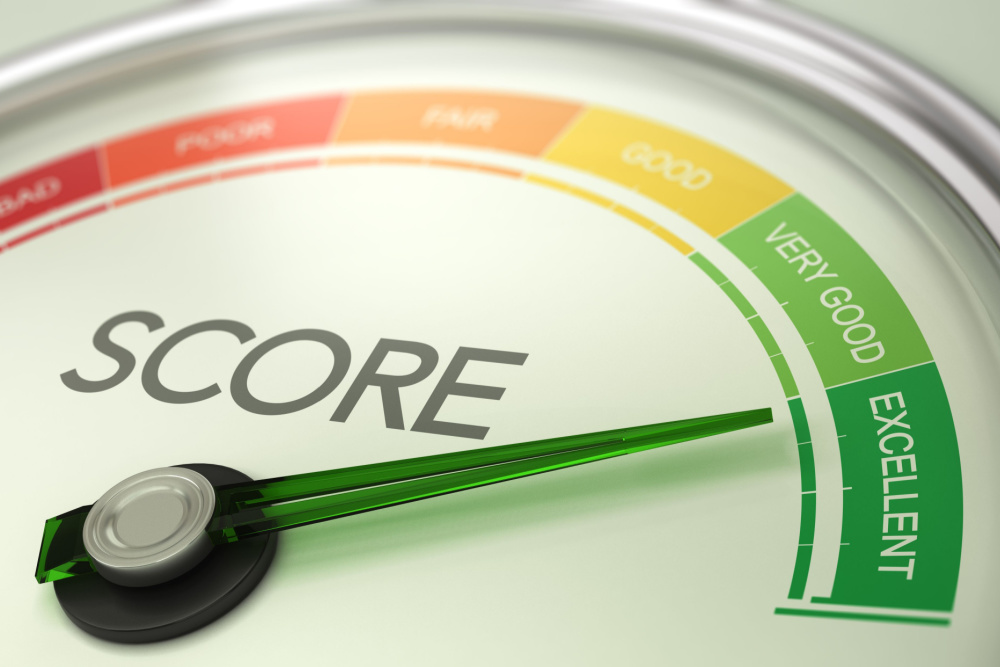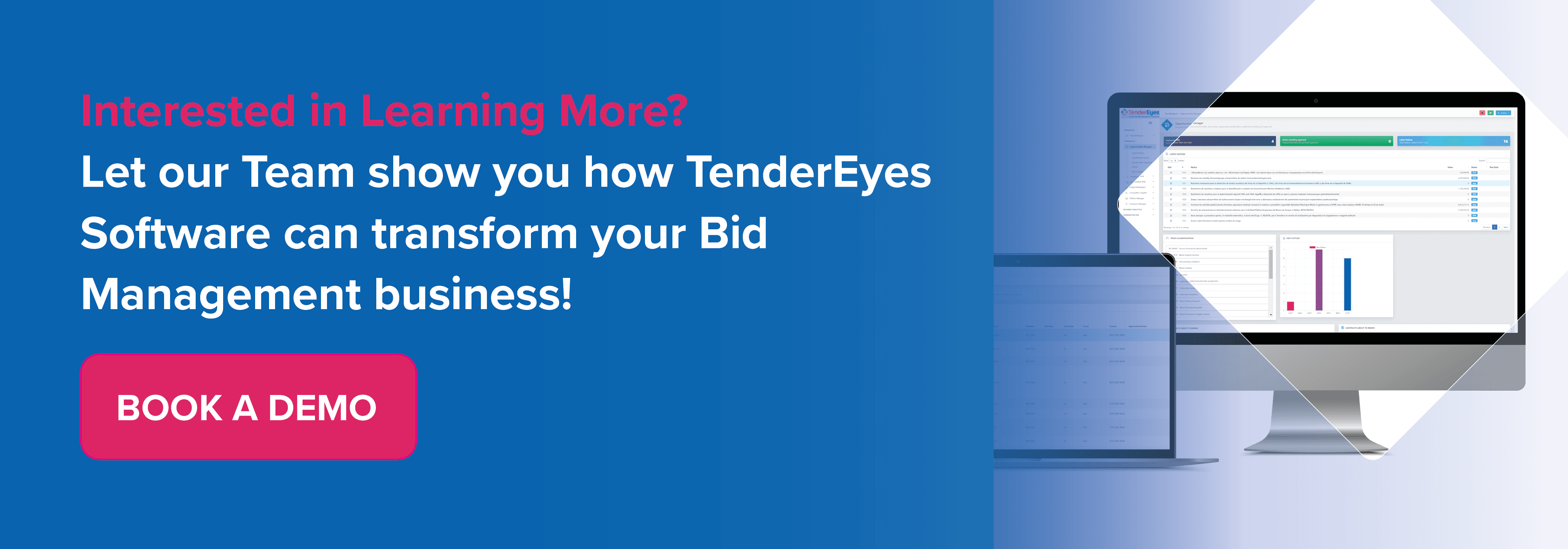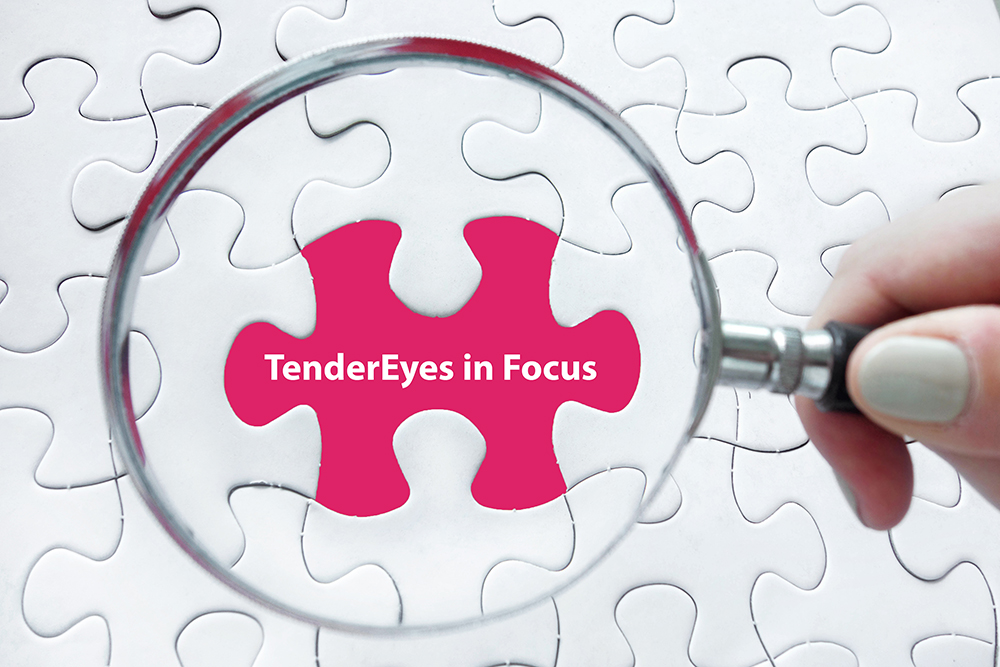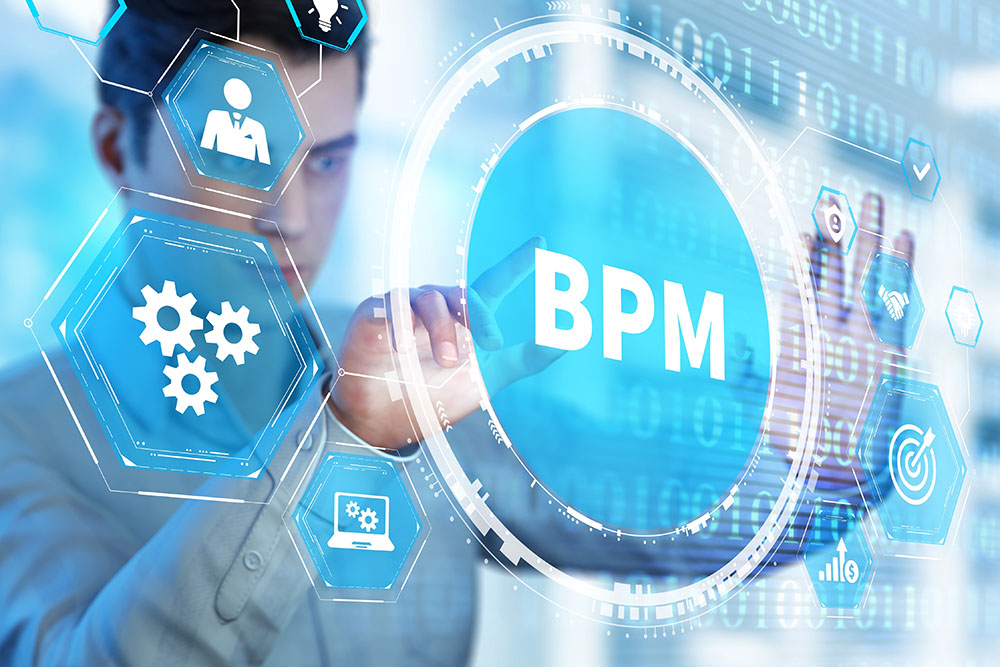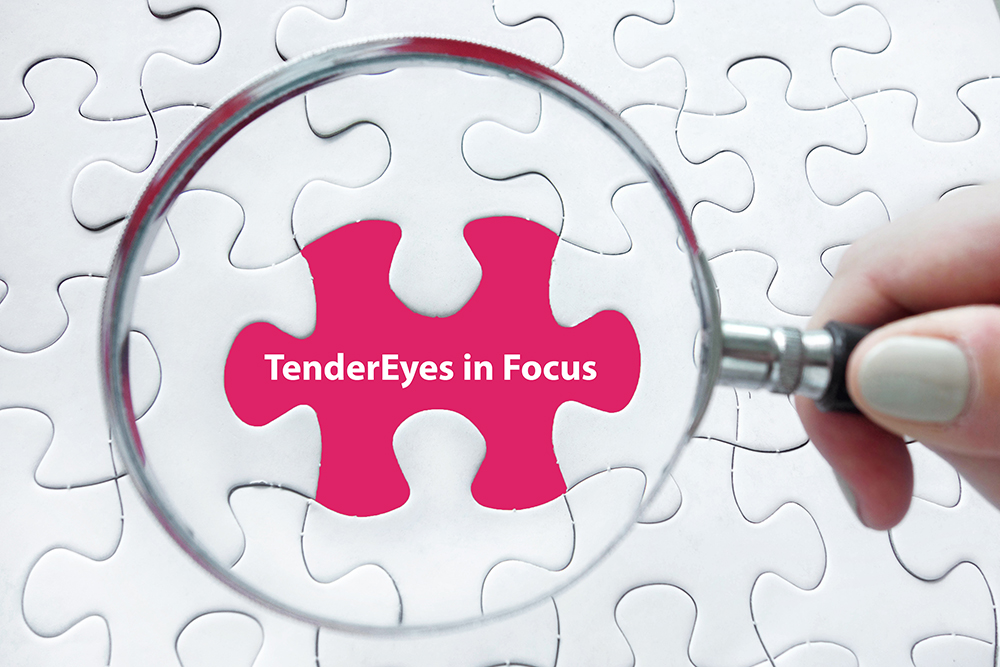Submitting tenders that secure the highest evaluation scores and win contracts is a huge business-critical challenge. It’s a difficult one to sustain given its highly competitive nature.
In this article we explore practical ways your Bid Team can improve the quality of your tender responses, and thus secure higher evaluation scores and increase win probabilities. These include:
- Target Your Best-Fit Tenders
- Improve Tender Process Efficiency
- Create Central Repository of Tender Content
- Engage Subject Matter Experts
- Ensure Tender Information Accuracy
- Assess Procuring Agency Documentation
- Optimise Responses for Each Question
- Test and Score Your Tender Responses
- Review Results for Future Tender Improvement
- Adopt The Right Support Tools
These recommendations may involve changes to your bid management strategies, processes, collaborations and business support tools. Some changes will be quicker and easier to implement than others. But each incremental change will contribute towards your bid management improvement plan and help you secure new contracts.
1. Target Your Best-Fit Tenders
Your Sales Team may feel tempted to qualify and push through multiple inferior tender opportunities when under pressure from high sales targets.
This will put your Bid Team under undue pressure to complete multiple bids at a time. This may cause delays and rushed work. It will also be much harder to position and craft compelling high scoring responses for tenders that do not have a strong alignment to your business goals, products and services.
Developing a focused targeting strategy will be critical to finding your potential best-fit opportunities. This will need to be aligned to your Business/Sales Plans and revenue targets. Part of your strategy will be to define CPV Codes and Keywords to be used in searches of Contract Notices published on Public Procurement Portals.
A defined, consistent sales qualification process, decision gates and approvals will help your Sales Team focus on prioritising these best-fit opportunities for early handover to your Bid Team.
2. Improve Tender Process Efficiency
Time is probably the biggest barrier to securing high evaluation scores. Any delays in project mobilisation and task completion will greatly impact the quality of your tender submissions.
Your Bid Team will no doubt be rushing to complete tender responses and secure approvals. They may be forced to reuse previously low scoring responses and have little time to improve the content.
Reviewing your whole bid journey, processes and people is a must. Identifying roadblocks, inefficiencies and resource limitations will help highlight areas for improvement. Finding ways to streamline workflows and reduce manual repeated activities will free up time and allow your Bid Team to finesse and improve your tender responses.
3. Create Central Repository of Tender Content
Probably one of the most time consuming and frustrating activities is the sourcing and management of such large volumes of tender related content. Information often sits on individual hard drives and is inaccessible and possibly unknown to the wider Contributor and Bid Teams.
Building a centralised library of standard content, using a logical folder structure and information categorisation will allow your Subject Matter Experts to easily manage and update information. Bid Teams will subsequently be able to search this database and find required information for use in tender responses.
In addition, providing a centralised project space for individual tender content will also be important. This will include the Procuring Agency’s documentation as well as all questions, answers and evaluation scores.
Providing access to all contributors will improve team collaboration and help better inform decisions and content improvements.
4. Engage Subject Matter Experts
Tender questions will cover many aspects of your business, including products and services, financials, HR, CSR, H&S, pricing etc. This will require the supply of content input from different departments and teams.
Coordinating such contributions can be challenging, especially when time is short and people are located in different offices, geographies, time zones or WFH. Collaborators will also have their own roles and responsibilities and may not prioritise and allocate suitable time to these endeavours.
“Collaboration is listed as one of the top 5 skills every worker should have to succeed at work.” (Forbes)
It is therefore essential that Subject Matter Experts are fully engaged in the process and understand their roles and responsibilities. Giving them visibility to tender notifications, workloads, stages, deadlines, timescales, results, feedback, etc will help give context to the importance of their contributions.
Your Bid Team will need to provide Subject Matter Experts with access to evaluation criteria and scoring mechanisms for their allocated questions. This will help inform response requirements. They will also need defined actions and deadlines to ensure they deliver content on time.

5. Ensure Tender Information Accuracy
Tender submissions include a great deal of information about your business. Risks associated with using inaccurate and out-of-date information will be high if content is managed incorrectly. This may result in low evaluation scores but importantly potentially impact your brand reputation and profits.
Ensuring your standard business information and documentation is regularly reviewed and updated by your Subject Matter Experts is critical. This will provide a good foundation for your Bid Team to extract content to compile tender responses.
Providing insight into content ownership, status, review, approvals and expiry dates for each piece of content will be invaluable. Your Bid Team can then quickly assess the need to go back to the Subject Matter Expert for further clarification or expansion on a tender question and build a response that will secure a higher evaluation score.
6. Assess Procuring Agency Documentation
As well as the detailed supplier questionnaire and ITT response documents, the Procuring Agency will provide several other documents containing valuable information to help you answer the questions.
However, the assessment of this valuable resource can often by rushed, resulting in limited understanding and sharing of the evaluation process and scoring criteria. This results in poorly constructed tender responses and low scores.
Time needs to be built into your project plan to properly assess the tender documentation. Team members will need to be fully briefed and understand the overall requirements plus scores for each question and the level of contribution to the final score.
Each document provides different insight into the needs of the Procuring Agency and their approach to the tender evaluation. This includes:
- Executive Summary and T&Cs: the client’s ambitions, key facts and potential risks.
- Evaluation Criteria: details on how the tender will be evaluated, including the price/quality/technical mix plus the binary questions pass/fail criteria and scoring mechanisms for all other questions.
- Scoring Matrix: shows how all the individual scores are calculated and handled for each level; question, section, envelope, overall.
7. Optimise Responses for Each Question
These high-value complex tenders will consist of 100s of questions. However, many of the questions will be similar across multiple tenders.
To save time, your Bid Team may be tempted to keep copying and reusing responses from previous tender submissions. Unfortunately, these may be low scoring responses that won’t win you the tender!
The genius Albert Einstein once famously stated “Insanity is doing the same thing over and over and expecting different results.”
It is therefore important to optimise every question. Your Bid Team will need to understand each question and scoring mechanisms to identify the key facts and nuances involved. Then compile the subsequent response. This will start with the standard generic response which can be enhanced to answer key points within the question. This may involve further collaboration with the Subject Matter Experts.
It’s imperative to make these assessments and instigate information requests and collaboration as early as possible in the tender process. This will ensure time is available to craft better responses.
High levels of literacy and creativity will need to be employed to deliver comprehensive, compelling and competitive responses!

8. Test and Score Your Tender Responses
With deadlines looming, tender responses may be rushed and only approved just in time for submission. This gives little or no time to review and self-assess the quality of the responses and ensure they are all optimised for high scores.
Again this needs to be a key element of your project plan. Using agile project management will allow for responses to be assessed as and when completed.
Your Bid Team will need to build a Test Model using the mathematics of the evaluation and scoring criteria for each question.
Each question and response can then be internally reviewed by the Subject Matter Experts, scored accordingly and recorded in the Test Model.
A peer review will need to be undertaken to check responses and corroborate self-evaluated scores. Weak responses can then easily be identified, and further work undertaken to improve the quality and increase potential scores. This process needs to be undertaken for the quality, technical and pricing elements of the tender.
9. Review Results for Future Tender Improvement
Your business will be investing numerous hours and substantial resources in competing for these high value tenders. Teams will be under a lot of pressure to deliver results time and again. There may be little breathing space between bids.
This means that once results are in and whether the tender is won or lost, little or no time will be given to reflect on performance and results.
However, analysis of past tender responses and scores can provide a great deal of valuable intelligence and insight. Responses with low scores can quickly be identified and earmarked for improvement. High scoring responses will give you a framework on how to improve other responses.
Further analysis of requested competitor responses and scores can also help finetune the quality of your responses, increase competitive advantage and secure higher evaluation scores.
“86% of insight-driven businesses continually act on intelligence to optimize outcomes.” (Forrester)
Reviews should be undertaken on a regular basis and actions allocated to Subject Matter Experts to improve content quality.

10. Adopt The Right Support Tools
We mentioned at the start the importance of improving project processes to optimise available time. Certainly, as part of this exercise it is worth reviewing the business support tools used by your Bid Team and Subject Matter Experts.
Often these will consist of a ‘Z’ drive, email, Office Word, Excel, and perhaps generic project management tools. Trying to manage multiple complex tenders using these standalone unintegrated platforms will impact the time available to craft quality tender responses.
Adopting dedicated tender management tools, such as those within TenderEyes software can make a huge difference in the successful implementation of the above recommendations.
- Opportunities Manger Module: delivers a smarter solution for targeting and filtering best-fit Contract Notices. With build-in qualification processes, criteria, decision gates and sign-offs for quick and easy handover to your Bid Team of approved priority opportunities.
- Project Workspace Module: helps speed up project mobilisation, support improved collaboration and give greater control over task setting and completion. Streamlined workflows and easy access to information, progress and results will deliver better informed decisions and aid tender response content improvements.
- Knowledge Bank Module: provides a centralised library of all standard content, easily accessible to all stakeholders and contributors. Subject Matter Experts can easily review, update and improve content, with a clear audit trail of content ownership, amendments and approvals. This means your Bid Team can use this content with confidence and liaise with Subject Matter Experts to foster improvements.
Working within a singular platform such as TenderEyes for the sourcing a tender completion process ensures a coherent, consistent approach is taken by all stakeholders. Full visibility and easy access to tender progress ensure roadblocks and issues can be quickly identified and resolved. Performance insight will contribute to ongoing improvements and help retain and improve your win rates!
